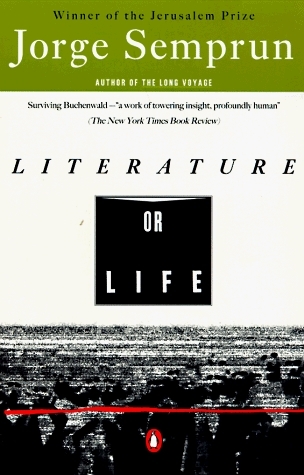
The Drowned and the Saved
Book Description
In a world where humanity's darkest depths collide with the shimmering hope of survival, "The Drowned and the Saved" offers an unflinching exploration of life before, during, and after the Holocaust. Through haunting testimonies and thought-provoking reflections, Levi reveals the raw emotions and moral dilemmas faced by those ensnared in the horrors of concentration camps. Each page draws you deeper into the profound struggle between despair and resilience, as lives intertwine in unimaginable ways. Can the memory of suffering transform into an enduring legacy of hope, or will it remain a sorrowful echo of history?
Quick Book Summary
"The Drowned and the Saved" by Primo Levi delves into the harrowing landscape of the Holocaust, interweaving personal testimony with philosophical inquiry. Drawing on his own experiences as an Auschwitz survivor, Levi dissects the psychological and moral complexities faced by both victims and oppressors. He meditates on the nuanced boundaries between good and evil, highlighting the 'gray zone' where survival often demanded moral compromise. With unflinching honesty, Levi confronts the challenges of bearing witness and the burdens of memory, raising critical questions about collective responsibility, the dangers of denial, and the distortion of history. Ultimately, the book stands as a profound meditation on suffering, complicity, and the ethical demands of remembrance, urging readers to reflect on how humanity can transform the memory of atrocity into a force for hope and vigilance.
Summary of Key Ideas
Table of Contents
The Gray Zone: Moral Ambiguity in Extreme Conditions
Levi introduces the notion of the "gray zone" to challenge simplistic moral judgments about victims and perpetrators in the Holocaust. Drawing on stories of prisoners who became functionaries within the camps, he explores how survival often required terrible compromises. Levi avoids easy moralizing, instead illuminating the complexity of agency under totalitarian terror. By revealing how power dynamics and the need to survive blurred lines between right and wrong, Levi forces the reader to confront uncomfortable truths about human nature and the capacity for both heroism and complicity.
Memory, Testimony, and the Burden of Bearing Witness
The imperative to bear witness—to remember and recount the events of the Holocaust—is at the heart of Levi’s work. Drawing from his memoir and those of other survivors, he reflects on the challenges and responsibilities inherent in testimony. Levi examines the psychological toll of remembering, the inadequacy of language to convey suffering, and the skepticism survivors often face. He argues that personal testimonies are essential to preventing oblivion and that society must foster active, empathetic listening to combat the erosion of memory and truth.
Survival: Psychological and Ethical Implications
Survival in the concentration camps was deeply fraught, not just physically but psychologically and ethically. Levi describes the transformation of individuals under extreme duress, detailing the coping mechanisms and moral compromises adopted to endure the unimaginable. He delves into the loneliness, shame, and ongoing trauma that haunt survivors after liberation. Levi cautions against romanticizing survival, suggesting that it is rarely the result of virtue alone but often a product of luck, adaptability, and painful choices that continue to exert their force long after the camps are gone.
The Distortion and Denial of Holocaust History
Throughout the book, Levi examines the persistent dangers of Holocaust denial, distortion, and revisionism. He discusses how the memory of atrocity is threatened by denialism, the simplification of victim and perpetrator roles, and the pressures to forget uncomfortable truths for the sake of national or group identity. Levi warns that the loss or distortion of memory can enable the repetition of evil, underscoring the need for vigilance, education, and an unyielding commitment to historical accuracy.
In his final reflections, Levi calls for societies to transform the memory of suffering into an active sense of responsibility and moral awareness. Drawing parallels to contemporary issues of injustice and oppression, he argues that confronting the reality of the Holocaust is essential to building a more ethical future. Suffering and remembrance should not remain as paralyzing sorrow but rather should guide humanity toward empathy, justice, and the courage to prevent new forms of dehumanization.
Download This Summary
Get a free PDF of this summary instantly — no email required.





